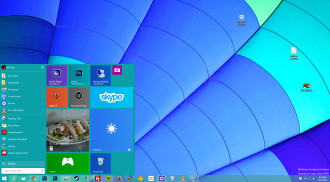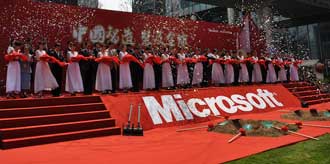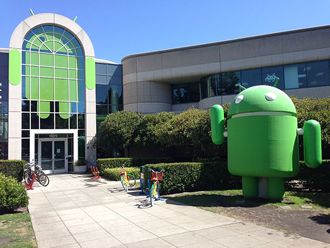 It’s fair to say that Microsoft’s browser – Internet Explorer – has not been the favourite browser in the world.
It’s fair to say that Microsoft’s browser – Internet Explorer – has not been the favourite browser in the world.
But Microsoft has now confirmed that it will put IE in the background when it releases Windows 10 – that’s not until autumn this year.
Instead of pushing Internet Explorer – which has landed it in a lot of bother with government regulatory authorities, Microsoft is to produce a leaner meaner browser which is codenamed Spartan.
Microsoft got into trouble with different governments because IE was bundled with its operating system.
According to web site the Verge, Microsoft won’t kill off Internet Explorer completely but will supplement it with Spartan.
People got so fed up with Internet Explorer in the past that many opted for alternative browsers such as Opera or Firefox.
Microsoft is eager to show that under the stewardship of newly fledged CEO Satya Nadella, things ain’t what they used to be.
Although there’s no official launch date for Windows 10, the perception in the supply chain is that if it comes out before autumn, it will be something of a miracle.
















